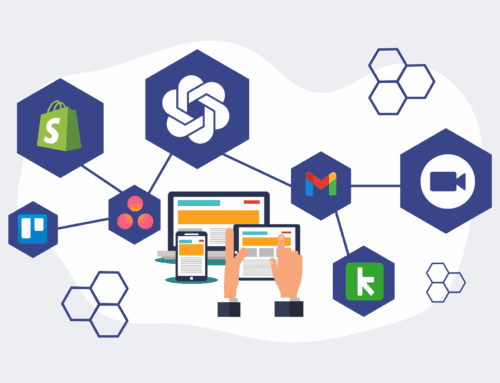Why HR Can’t Afford to Ignore AI in Onboarding Anymore: The Competitive Edge
In today’s fiercely competitive talent landscape, the initial experience a new employee has with your organization sets the stage for their entire tenure. Traditionally, onboarding has been a patchwork of paperwork, manual checklists, and often, an overwhelming deluge of information. This antiquated approach is no longer merely inefficient; it’s a significant business liability, actively eroding retention, delaying productivity, and costing companies untold millions.
The Stakes Are Higher Than Ever: The Cost of Complacency
The financial implications of a poor onboarding experience are stark. Studies consistently show that up to 20% of new hires leave within their first 45 days, often due to a disengaging or ineffective integration process. This churn isn’t just a number; it represents the substantial investment made in recruitment, training, and lost productivity. Beyond the direct financial hit, there’s the immeasurable damage to employer brand and team morale. Employees who feel unsupported from day one are unlikely to become long-term, high-performing assets. The traditional approach, fraught with manual processes and inherent inconsistencies, simply fails to meet the modern workforce’s expectations for personalization, efficiency, and a truly engaging start.
AI: Transforming Onboarding from Chore to Competitive Advantage
The time for incremental improvements has passed. HR leaders must recognize that AI isn’t just a tool for optimization; it’s a strategic imperative for building a more resilient, agile, and attractive organization. Integrating AI into onboarding isn’t about replacing human interaction, but enhancing it, allowing HR teams to elevate their focus from administrative drudgery to strategic, human-centric engagement.
Personalized Journeys, Not Generic Checklists
One of AI’s most profound impacts on onboarding is its ability to deliver hyper-personalized experiences at scale. Instead of a one-size-fits-all approach, AI can dynamically tailor the onboarding journey to each new hire’s specific role, department, prior experience, and even learning style. Imagine a system that automatically serves up relevant training modules, connects new hires with key colleagues based on project needs, and provides just-in-time information, all without manual intervention. This level of customization accelerates understanding, fosters a sense of belonging, and ensures that every new employee feels valued and understood from their very first interaction. It transforms the overwhelming into the empowering, ensuring a smoother transition and faster ramp-up to full productivity.
Automation: Liberating HR from Repetitive Tasks
The sheer volume of administrative tasks in onboarding is staggering: document processing, compliance checks, system access requests, policy acknowledgments, and more. These are precisely the types of low-value, high-volume tasks that AI and automation excel at. By leveraging AI-powered automation, HR departments can streamline these processes, eliminate human error, and free up invaluable time. This liberation allows HR professionals to shift their focus from repetitive data entry and chasing signatures to more strategic initiatives – mentoring, cultural integration, and addressing individual new hire concerns that truly require a human touch. This isn’t just about efficiency; it’s about reallocating human capital to where it generates the most value.
Predictive Insights for Proactive Support
AI’s analytical capabilities extend far beyond task automation. By analyzing engagement data, interaction patterns, and early performance indicators, AI can provide predictive insights into a new hire’s integration process. This means identifying potential challenges or “at-risk” employees before problems escalate. For instance, an AI system might flag a new hire who hasn’t completed essential training modules or hasn’t engaged with their team. This early warning system empowers HR to intervene proactively, offering targeted support, resources, or mentorship. This proactive approach is a game-changer for reducing early attrition, strengthening retention rates, and ensuring a smoother, more positive start for everyone.
Beyond Efficiency: The Strategic Imperative
Ultimately, the decision to integrate AI into onboarding is not just an operational one; it’s a strategic imperative for any organization aiming for a competitive edge. Companies that embrace intelligent onboarding will not only attract top-tier talent by offering a superior candidate and new hire experience but will also accelerate their time-to-market with a workforce that is productive, engaged, and aligned with company goals from day one. This integration aligns perfectly with a strategic-first approach, ensuring that technology serves clear business outcomes—a core tenet of 4Spot Consulting’s methodology. The shift from manual, error-prone processes to automated, AI-driven systems defines modern HR excellence, echoing how we’ve helped clients achieve significant gains, like an HR firm saving over 150 hours monthly through intelligent automation.
Ignoring AI in onboarding isn’t merely delaying innovation; it’s ceding a crucial competitive advantage in the ongoing talent war. The future of work is here, and it’s powered by intelligent systems designed to amplify human potential from day one, setting the foundation for long-term success and organizational growth.
If you would like to read more, we recommend this article: The Intelligent Onboarding Revolution: How AI Drives HR Excellence and New-Hire Success






